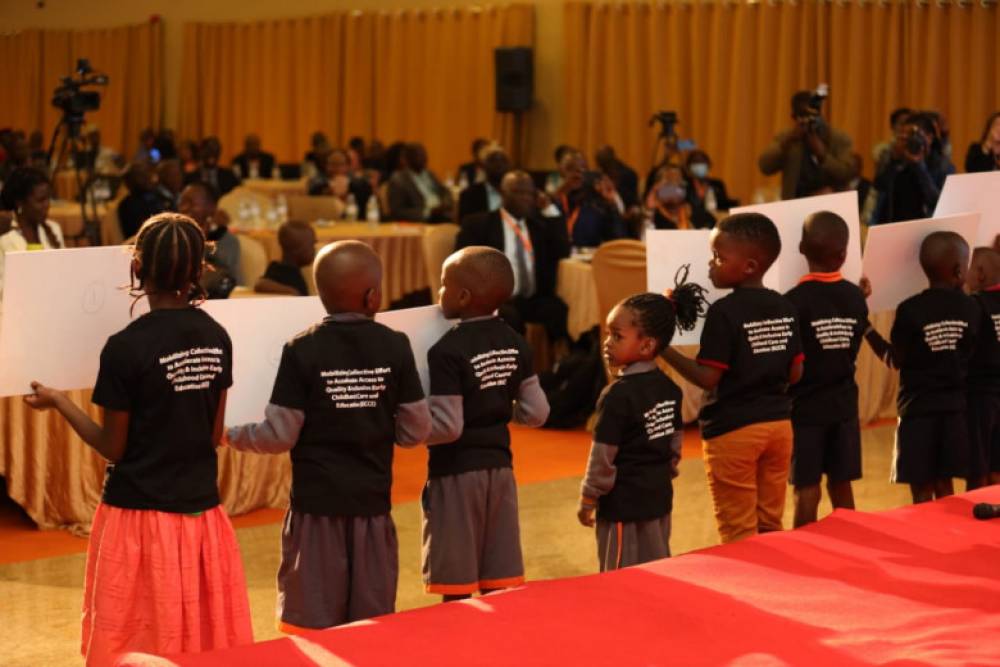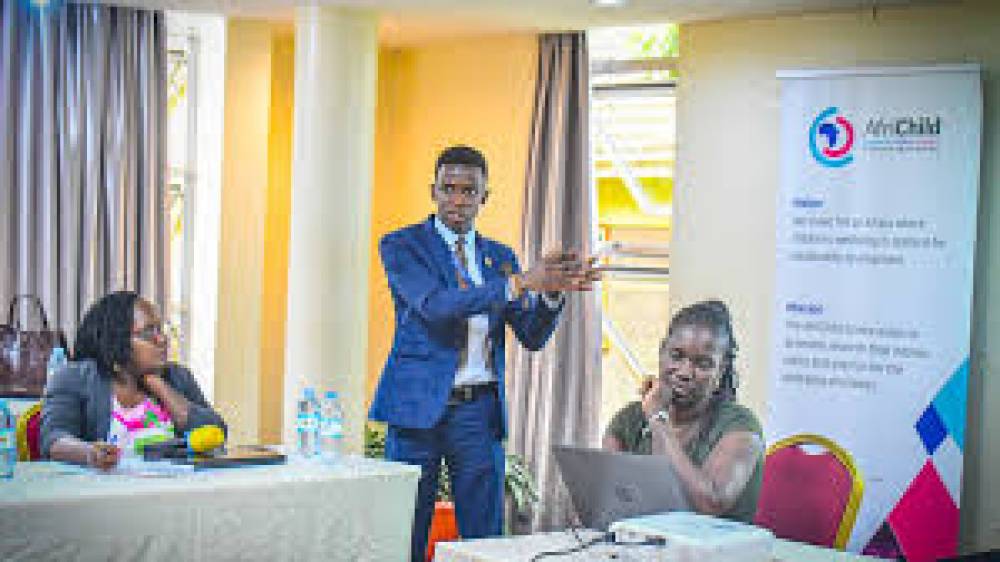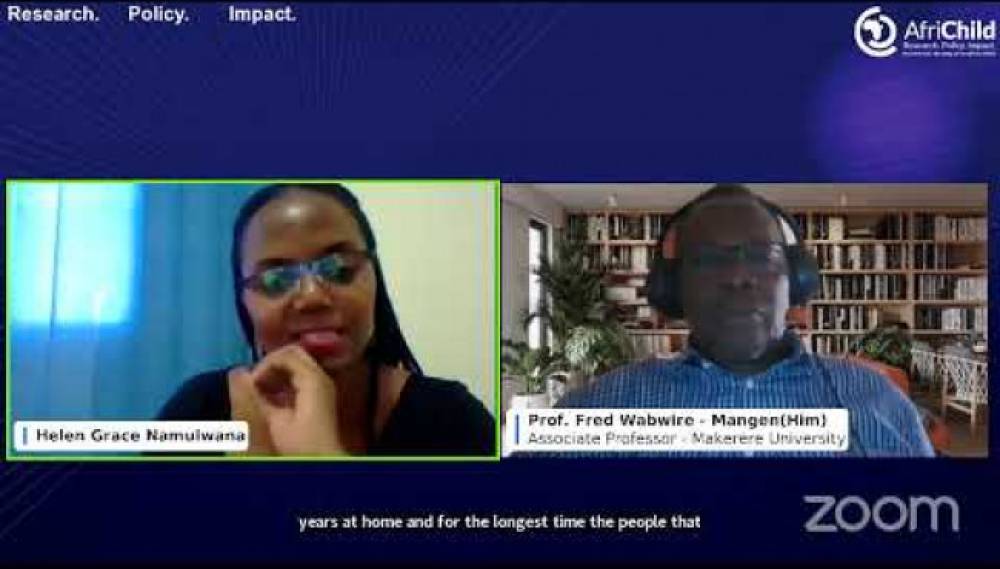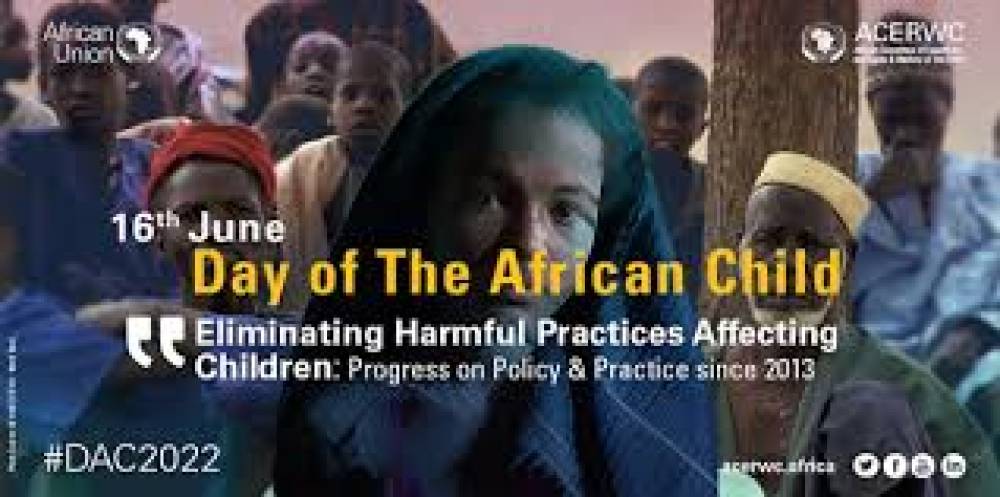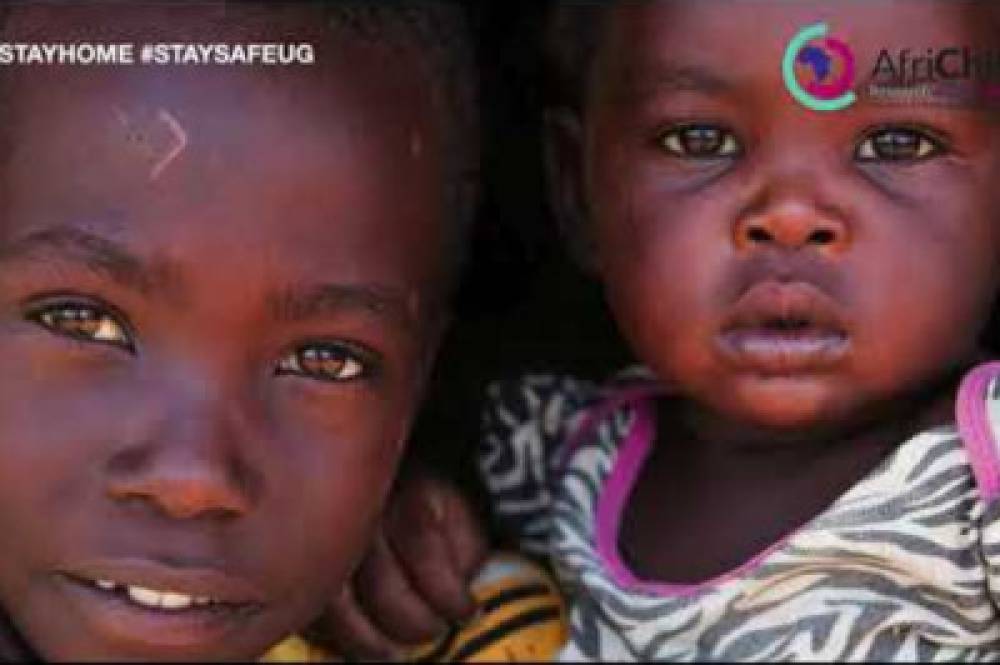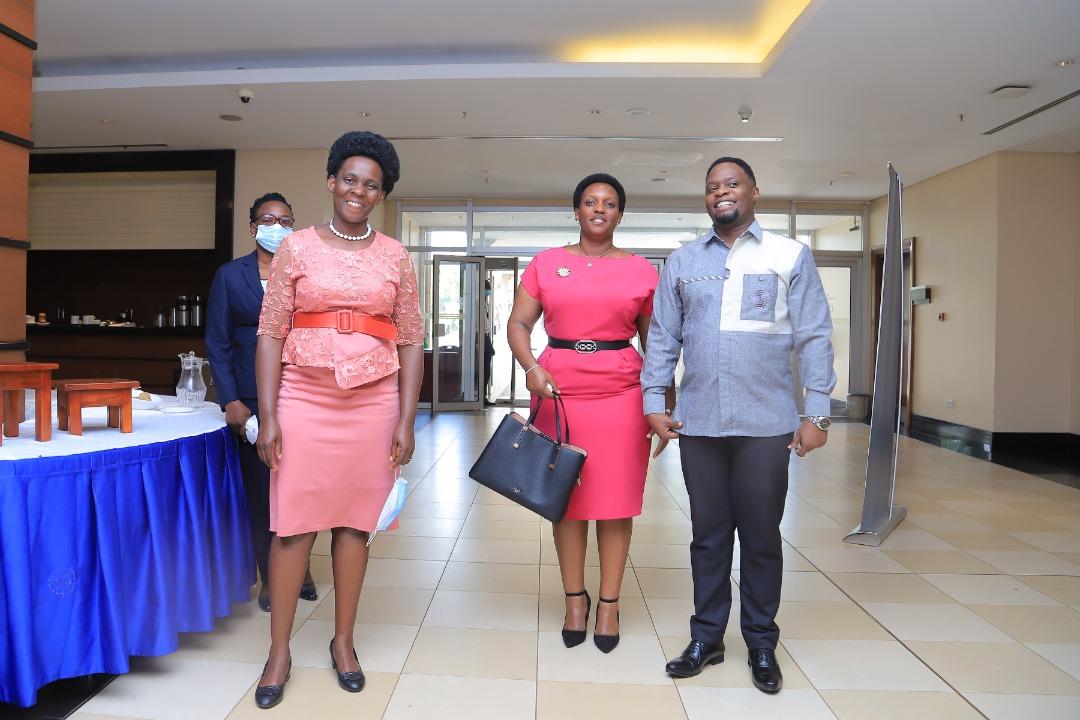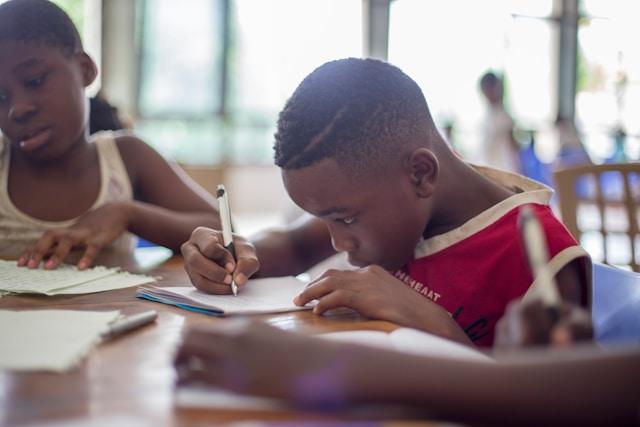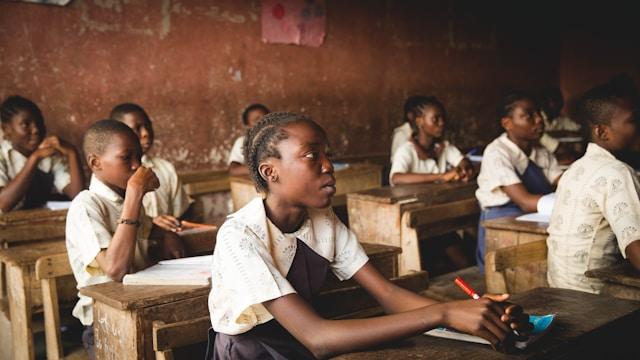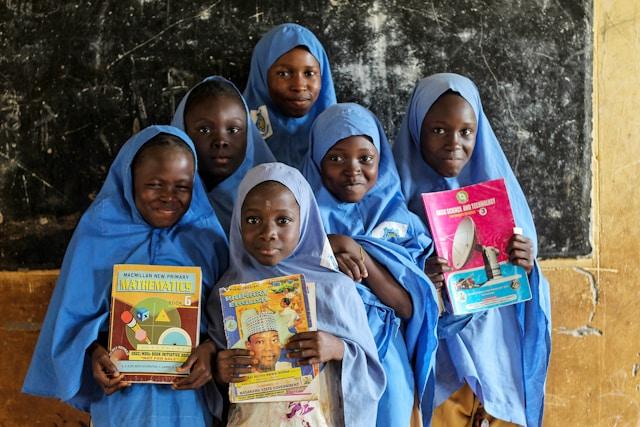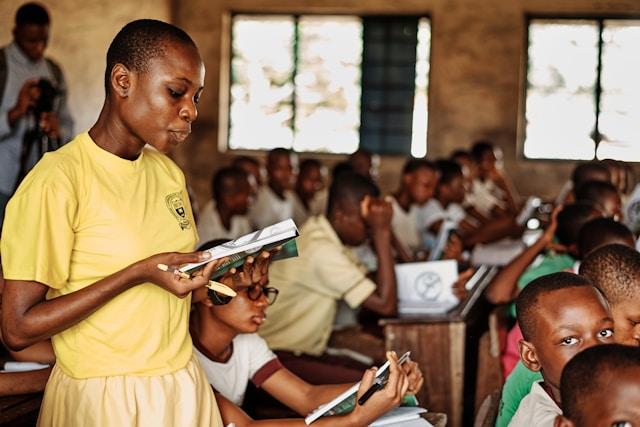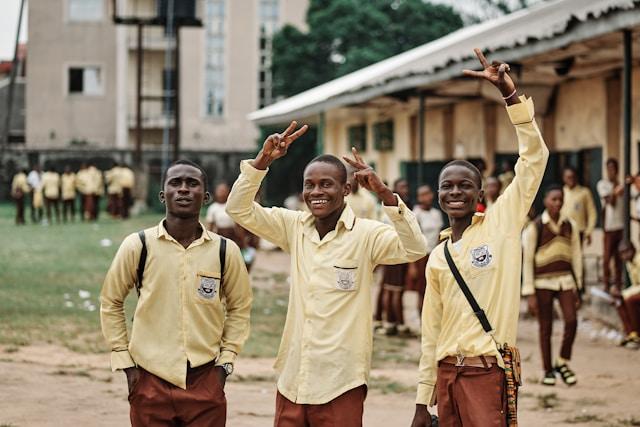Bridging Research, Policy, and Practice: AfriChild Launches the Child Wellbeing Research Uptake Forum
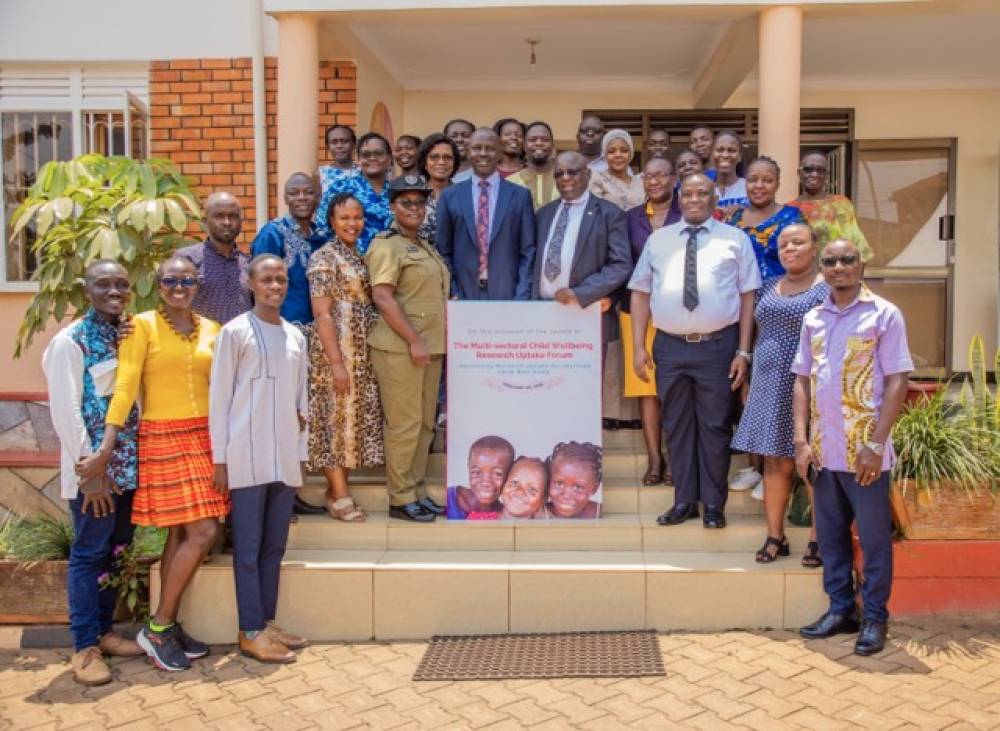
Bridging Research, Policy, and Practice: AfriChild Launches the Child Wellbeing Research Uptake Forum
On 28 February 2025, the AfriChild Centre officially launched the Multi-Sectoral Child Wellbeing Research Uptake Forum — a milestone initiative designed to close the persistent gap between child-focused research and the policies and programmes that shape children’s lives in Uganda and across Africa.
Background and Purpose
The idea for the forum emerged in September 2024 when AfriChild, with support from the Ministry of Gender, Labour, and Social Development (MGLSD), recognised the need for a dedicated platform to regularly connect researchers, policymakers, and practitioners. The forum’s core goal is to ensure that quality evidence informs real-world decisions, policies, and actions. By design, the forum will:
-
Review and discuss the state of child-focused research in Uganda and the region;
-
Provide technical input to ongoing studies to align them with national priorities;
-
Promote the practical use of research findings across relevant sectors; and
-
Guide the implementation of the National Child-Focused Research Agenda.
The forum brings together representatives from government ministries, agencies, departments, and leading child-focused civil society organisations — all committed to meeting regularly to review research progress and strengthen its practical application.
Highlights from the Launch
The launch event, held at the AfriChild Centre, brought together key stakeholders for an engaging programme of networking, reflections, and commitments to action. Mr. Mondo Kyateka, who chairs the forum, set the tone by questioning why Uganda, despite producing strong research and policy frameworks, still struggles with limited uptake of evidence. He emphasised that the new forum must help transform good research into real, visible change for children.
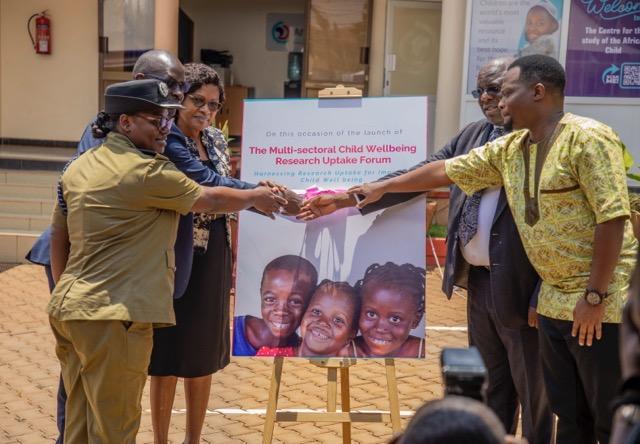
Representing the AfriChild Board Chair, Ms. Judy Kamanyi welcomed attendees and highlighted how the forum fits seamlessly into AfriChild’s mission to generate research that directly informs policy and practice.
In her keynote, Ms. Clare Ahabwe Bangirana, AfriChild’s Director of Research and Knowledge Development, made a compelling case for research uptake. She shared examples of AfriChild’s work — including using data from the SAUTI 116 helpline to strengthen reporting on child protection cases — and stressed the importance of deliberate networks to connect research with decision-makers. She challenged participants to think about how to better incentivise the use of evidence in policymaking.
AfriChild’s Executive Director, Mr. Timothy Opobo, traced the roots of the forum back to an earlier model tested during the Ending Violence Against Children study in northern Uganda. The lessons learned from involving a cross-sector reference group then inspired the broader, permanent forum launched now. He emphasised that the forum will reflect on AfriChild’s research — and much more — to address critical issues spanning health, education, justice, and child protection.
Reflections and Commitments
The launch also featured thoughtful reflections from child protection and research leaders. Speakers highlighted emerging concerns, from the mental health impacts of digital technology to the persistent influence of harmful social norms driving child marriage and teen pregnancy. Dr. Haza reminded participants that for research to be truly useful, it must generate actionable recommendations and show the cost of inaction. Ms. Hope Wambi and Professor Emily Maractho called for more practice-based learning and for policy decisions to be rooted in solid evidence rather than sentiment.
Government representatives, including Mr. Vincent Tumusiime Bamugaya and Mr. Timothy Lubanga from the Office of the Prime Minister, reiterated their commitment to the forum’s purpose. They urged all stakeholders to coordinate more intentionally, share evidence widely, and produce policy briefs that reach the highest levels — including the President’s office through the Apex platform. They also encouraged AfriChild to expand its research scope to emerging issues like Generation Alpha’s mental wellbeing and shifts in global economic trends that could affect children.
The forum launch concluded with members signing the Terms of Reference to guide future collaboration. As they did so, participants agreed: for Uganda’s children to truly thrive, the best research must not sit on shelves — it must drive practical action that changes lives.
Looking Ahead
The launch of the Child Wellbeing Research Uptake Forum marks an important new chapter for AfriChild’s mission to bridge the worlds of research, policy, and impact. As the forum convenes regularly, it will serve as a hub for collaboration, reflection, and action — ensuring that the wealth of knowledge generated by researchers directly influences the policies and programmes that shape children’s futures.
Insights & Updates
Other related posts and resources
Early Childhood Care and Educa...
We continue to leverage our collaboration with the government of the Republic of Uganda while making...
Read MoreTraining of Policymakers and P...
The PPURE training program is one of the Centre’s flagship programs. PPURE was initiated in 2018 to...
Read MoreChild-based Strategies in Addr...
Child-based Strategies in Addressing Child-to-Child Violence in Primary Schools Part of the AfriChi...
Read MoreDay of the African Child 2022
Supporting Children to Thrive Holistically - Emily Atieno (DAC2022) Explore how AfriChild Centre is...
Read MoreChild Labour: An Obstacle to E...
Child Labour: An Obstacle to Early Childhood Development Children constitute 60% (25.2 million) of...
Read MoreInsights & Updates
Explore AfriChild's Knowledge Hub
EXPLORE OUR RESOURCES
Unlock a world of useful resources in our Knowlegde Hub
-
Call Us
-
Email
-

 #AfriChild
#AfriChild